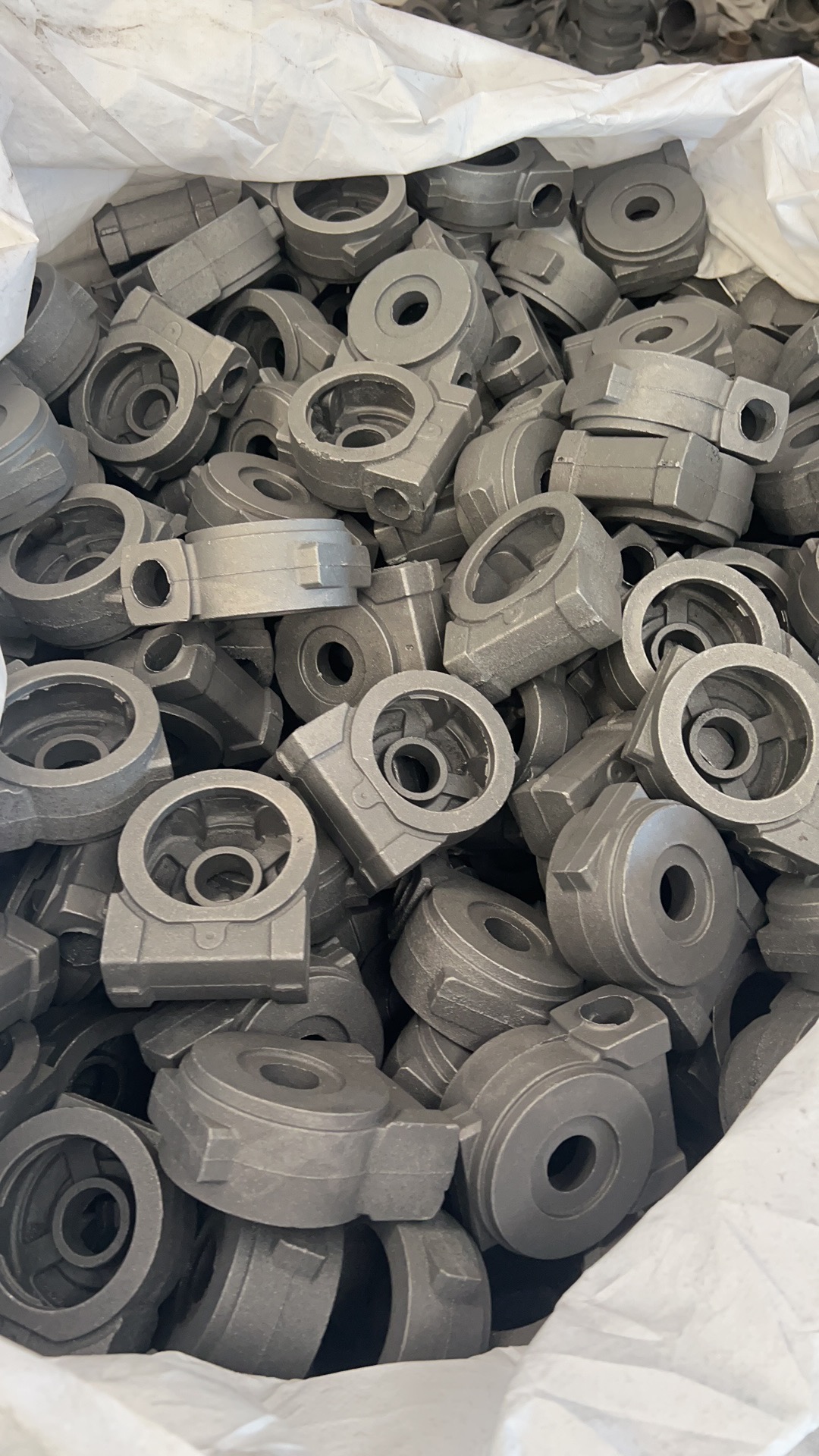- Afrikaans
- Albanian
- Amharic
- Arabic
- Armenian
- Azerbaijani
- Basque
- Belarusian
- Bengali
- Bosnian
- Bulgarian
- Catalan
- Cebuano
- China
- China (Taiwan)
- Corsican
- Croatian
- Czech
- Danish
- Dutch
- English
- Esperanto
- Estonian
- Finnish
- French
- Frisian
- Galician
- Georgian
- German
- Greek
- Gujarati
- Haitian Creole
- hausa
- hawaiian
- Hebrew
- Hindi
- Miao
- Hungarian
- Icelandic
- igbo
- Indonesian
- irish
- Italian
- Japanese
- Javanese
- Kannada
- kazakh
- Khmer
- Rwandese
- Korean
- Kurdish
- Kyrgyz
- Lao
- Latin
- Latvian
- Lithuanian
- Luxembourgish
- Macedonian
- Malgashi
- Malay
- Malayalam
- Maltese
- Maori
- Marathi
- Mongolian
- Myanmar
- Nepali
- Norwegian
- Norwegian
- Occitan
- Pashto
- Persian
- Polish
- Portuguese
- Punjabi
- Romanian
- Russian
- Samoan
- Scottish Gaelic
- Serbian
- Sesotho
- Shona
- Sindhi
- Sinhala
- Slovak
- Slovenian
- Somali
- Spanish
- Sundanese
- Swahili
- Swedish
- Tagalog
- Tajik
- Tamil
- Tatar
- Telugu
- Thai
- Turkish
- Turkmen
- Ukrainian
- Urdu
- Uighur
- Uzbek
- Vietnamese
- Welsh
- Bantu
- Yiddish
- Yoruba
- Zulu
Sep . 27, 2024 19:31 Back to list
Tailored Solutions for Sand Casting Components and Custom Manufacturing Services
The Art and Advantages of Custom Sand Casting Parts
In the world of manufacturing, precision and customization play crucial roles in meeting the specific needs of various industries. Among the various fabrication techniques available, custom sand casting has emerged as a preferred method for producing complex metal parts with a high degree of accuracy and durability. This article will explore the intricacies of custom sand casting, its benefits, and its applications across different sectors.
Understanding Custom Sand Casting
Custom sand casting is a manufacturing process that involves creating metal parts by forming a mold from sand. The process begins with the creation of a pattern, which is typically made of a material that can withstand the casting process, such as metal or plastic. The pattern is then embedded in a mixture of sand and a bonding agent to form a mold. Once the mold is prepared, molten metal is poured into it, filling the cavity created by the pattern. After cooling, the sand mold is removed, leaving behind a precisely shaped metal component.
This method is particularly advantageous for producing parts in various shapes and sizes, including intricate designs that are often difficult to achieve through other manufacturing techniques. The versatility of custom sand casting allows for the production of both small-scale components and large, heavy parts, making it suitable for various applications.
Advantages of Custom Sand Casting
1. Cost-Effectiveness Custom sand casting is highly economical, especially for small to medium production runs. The cost of creating sand molds is relatively low compared to other casting methods, such as die casting, which requires expensive tooling. This makes sand casting an attractive option for businesses looking to minimize production costs.
2. Material Variety The sand casting process accommodates a wide range of metals, including aluminum, iron, magnesium, and bronze. This flexibility allows manufacturers to choose the best material for their specific application, ensuring optimum performance and durability.
custom sand casting parts

3. Complex Geometries One of the standout features of custom sand casting is its ability to produce complex geometries. The sand mold can be shaped to create intricate designs, allowing for the production of components with complicated features and fine details. This is particularly beneficial for industries such as automotive, aerospace, and tooling.
4. Scalability Custom sand casting is easily scalable, meaning that production can be adjusted based on demand. Whether a business requires a single prototype or thousands of parts, sand casting can accommodate varying order sizes without significant changes in the manufacturing process.
5. Minimal Waste The sand used in the casting process can often be reused, significantly reducing material waste. This reusability aligns with sustainable practices, making custom sand casting an environmentally friendly manufacturing method.
Applications of Custom Sand Casting
Custom sand casting finds applications in various sectors. In the automotive industry, it is often used to manufacture engine blocks, transmission cases, and other critical components. The aerospace sector utilizes sand casting for producing turbine housings, brackets, and a range of structural components that need to withstand extreme conditions.
Furthermore, custom sand casting is also prevalent in industries such as construction, agriculture, and marine, where durable, tailored parts are necessary. For instance, sand-cast components in construction machinery can enhance performance and reliability, while marine applications require corrosion-resistant parts that can withstand harsh environments.
Conclusion
Custom sand casting is an indispensable manufacturing technique that combines cost-effectiveness, versatility, and precision. Its ability to create complex parts and accommodate a wide variety of metals makes it a favored choice for many industries. As technology continues to evolve, the practices surrounding custom sand casting will likely advance, further enhancing its capabilities and applications in the manufacturing landscape. Whether for prototyping or large-scale production, custom sand casting remains a reliable method for achieving quality metal parts tailored to specific needs.
-
Premium Cast Iron Water Main Pipe: Durable, Corrosion-Resistant
NewsAug.03,2025
-
Durable Cast Iron Water Mains | AI-Optimized Systems
NewsAug.02,2025
-
High-Efficiency Propane Boiler for Baseboard Heat | Save Energy
NewsAug.01,2025
-
Premium Source Suppliers for Various Gray Iron Castings
NewsJul.31,2025
-
Durable Cast Iron Water Main Pipes | Long-Lasting
NewsJul.31,2025
-
High-Quality Cast Iron Water Main Pipe for Durable Infrastructure
NewsJul.30,2025


